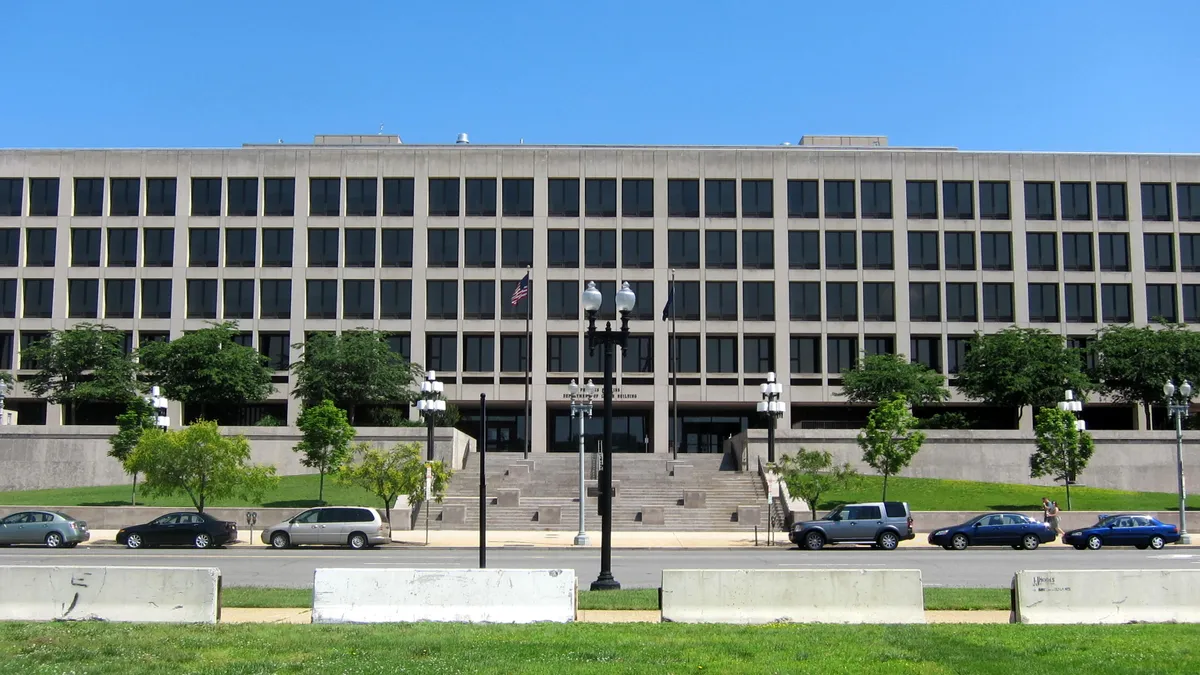Dive Brief:
- Employers may not delay designating leave as Family and Medical Leave Act (FMLA) leave — even if the delay complies with a collective bargaining agreement (CBA) and the employee prefers that the designation be delayed, the U.S. Department of Labor (DOL) said in a Sept. 10 opinion letter.
- The employer requesting the opinion said it recently revised its leave policy in light of a March opinion letter from DOL stating that employees can't decline FMLA protection for eligible leave. However, it asked DOL whether there might be an exception for an employee who wishes to delay designation because taking FMLA leave before taking accrued paid leave may negatively impact his or her seniority status under a CBA or state civil service rules.
- In her answer, Wage and Hour Division Administrator Cheryl Stanton said that an employer must not only designate leave as soon as it becomes aware of the need but also ensure FMLA leave doesn't affect seniority more than other leaves. "If, pursuant to a CBA and other policies, your employer provides for the accrual of seniority when employees are utilizing accrued paid leave, it must permit employees to accrue seniority when they are substituting FMLA leave for paid leave," she said.
Dive Insight:
As the employer requesting the opinion letter noted, DOL cleared up confusion surrounding the designation question in a March opinion letter. While experts had long recommended that employers designate all qualifying leave as FMLA leave, some chose to leave the decision up to workers, who sometimes wanted to save their job protection for future use.
DOL made clear in March that neither employees nor employers have that power, and that all qualifying leave — even when an employee is using employer-provided paid time off — must be designated as FMLA leave. The agency noted in both opinion letters that this stance puts it in conflict with the 9th U.S. Circuit Court of Appeals' ruling in Escriba v. Foster Poultry Farms, Inc.
It's important for HR to note that the designation responsibility remains with employers. Experts have said that makes manager training critical, as supervisors must be able to identify requests for time off that may qualify for the law's protection and escalate those requests to HR or a leave administrator responsible for complying with the law's notice mandates.













